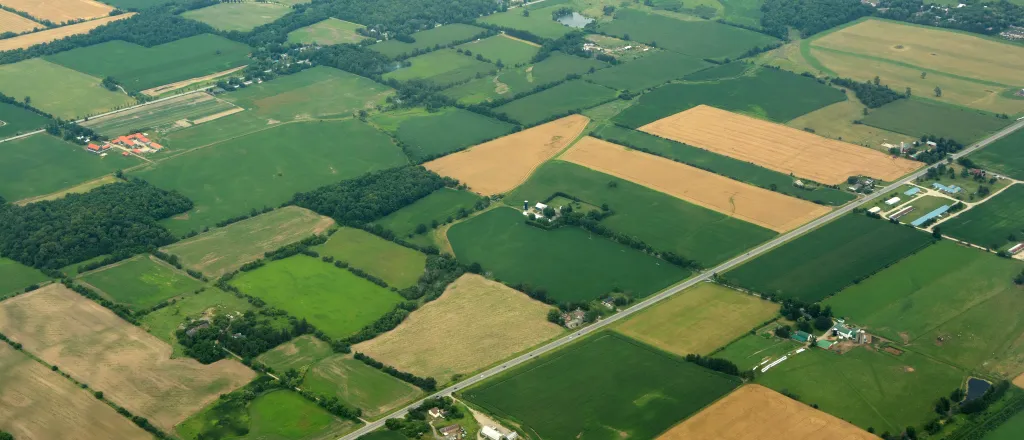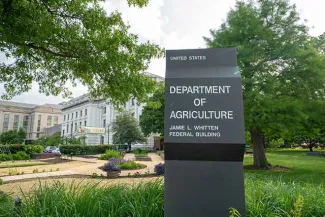
North Dakota farmers: It's déjà vu as Farm Bill deadline inches closer
iStock - IMNATURE
Click play to listen to this article.
(Prairie News Service) Congress is back from recess and lawmakers are hearing from producers about getting a new Farm Bill passed with the latest deadline looming.
North Dakota farmers were among those who traveled to Washington, D.C., to demand progress. More than two dozen North Dakota Farmers Union members were part of a large contingent getting face-to-face time with federal lawmakers this week.
The Farm Bill, last updated in 2018, needs to be reauthorized by the end of the month or elements of the current version will expire.

© iStock - Melissa Kopka
Bob Kuylen, a farmer from the western half of the state, said the uncertainty comes as small-to-mid-sized producers face the prospect of dwindling profits.
"Inputs are awful high and we're down there in prices quite a ways," Kuylen pointed out.
A glut of crops and other products on the market are resulting in smaller financial returns for the farmers who grow them. The Union said a stronger safety net in a new Farm Bill could make losses easier to absorb. However, with the fall election approaching and a federal budget also needing a vote, complications are mounting in getting the agricultural policy reauthorized.
The Farm Bill also funds key initiatives to address hunger relief like the Supplemental Nutrition Assistance Program. Kuylen noted it shows the sweeping policy touches a lot of facets within the food production system, affecting many Americans.
"Eighty-two percent of the Farm Bill is nutrition," Kuylen explained. "Farmers get a very small part of the Farm Bill. You know, it covers things like conservation programs."
The statistic he cited is reported by the Congressional Research Service. Union voices said the urgency comes as farmers also deal with rising machinery costs and corporate consolidation within agriculture. Last fall, Congress approved a one-year extension of the Farm Bill, prompting fears lawmakers would again let negotiations drag on until the last minute.

















